SEARCH
ALL NEWS
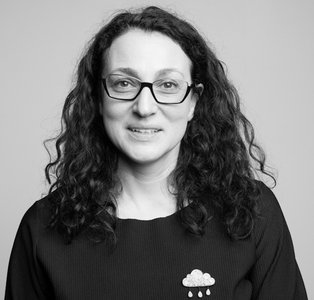
Welcome Julia Stoyanovich
We are happy and honored to welcome Prof. Julia Stoyanovich as a new BIFOLD Fellow.
Julia is an Institute Associate Professor of Computer Science and Engineering at the Tandon School of Engineering, Associate Professor of Data Science at the Center for Data Science, and Director of the Center for Responsible AI at New York University (NYU).
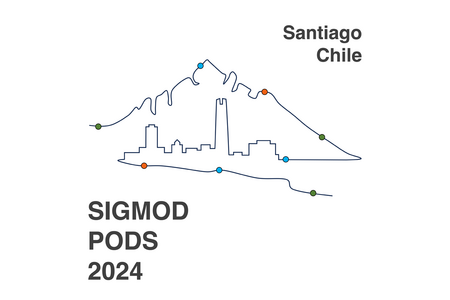
BIFOLD at the 2024 ACM SIGMOD/PODS Conference
BIFOLD researchers presented four research papers, two demos, one workshop paper and were of a panel at the 2024 ACM SIGMOD/ PODS Conference in Santiago, Chile.
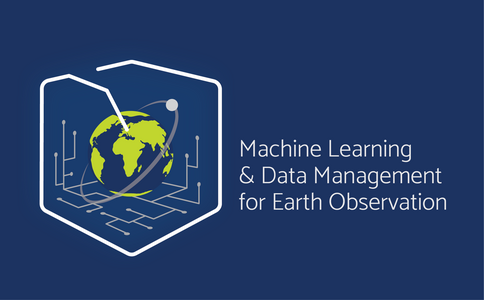
Videos of the "ML& DM for Earth Observation" Workshop
The videos from the "Machine Learning and Data Management for Earth Observation" workshop are now accessible online. During the workshop leading experts discussed cutting-edge advancements in satellite technology, machine learning, and data management. Explore or review 12 compelling sessions.
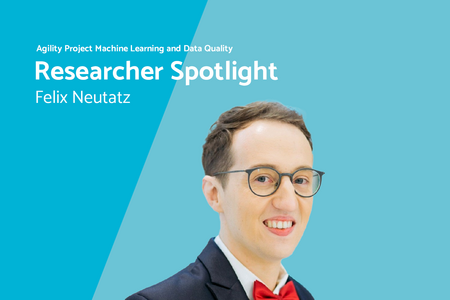
Researcher Spotlight: Felix Neutatz
"Machine Learning and Data Quality" is the first concluded BIFOLD Agility Project. Get to know BIFOLD researcher Felix Neutatz and gain valuable insights into the project, his work and the Agility Program.

“KI ist was es isst”: Prof. Dr. Ziawasch Abedjan on Data Quality at TU Berlin
At the “Tag der Lehre” (Teaching Day) at the TU Berlin on May 27, 2024, BIFOLD Research Group Lead Prof. Dr. Ziawasch Abedjan welcomed the attendees with a 20-minute talk on the quality of training data.
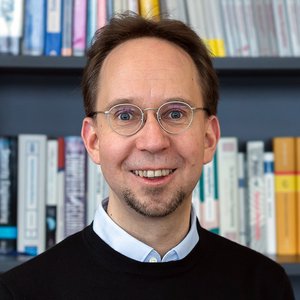
IEEE Test-of-Time Award for Konrad Rieck
Together with his former PhD student Fabian Yamaguchi and the entire team, Konrad Rieck won the Test-of-Time Award at the IEEE Symposium on Security and Privacy for their paper: "Modeling and Discovering Vulnerabilities with Code Property Graphs ". The IEEE Symposium on Security and Privacy is the oldest and most important conference in computer security. Each year, the "Test-of-Time Award" is given to papers that significantly influenced research and can be described as groundbreaking.
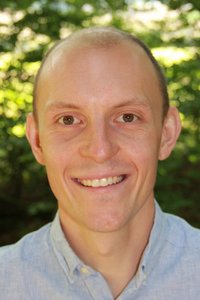
Researcher Spotlight: Dr. Alexander Warnecke
Congratulations to Dr. Alexander Warnecke who succesfully defended his PhD "Security Viewpoints on Explainable Machine Learning" on April 16, 2024.

BIFOLD researchers present three papers at ICLR 2024
The International Conference on Learning Representations (ICLR) is a Core-A gathering of experts who are dedicated to advancing a branch of artificial intelligence known as representation learning, which is also called deep learning.
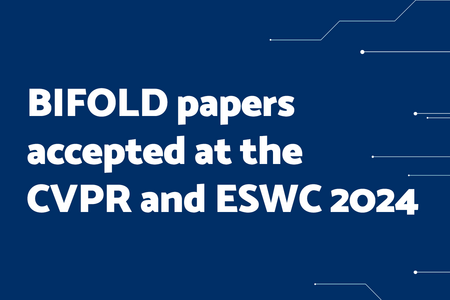
BIFOLD papers accepted at the CVPR and ESWC 2024
The BIFOLD research project "Unified Processing Model for Distributed Stream Reasoning" released two preprints on Open Distributed Systems, which will be presented at the CVPR 2024 and ESWC 2024 conferences.

“POLAR” lowers the adoption barrier for adaptive query processing in database systems
A preprint by BIFOLD researchers titled "POLAR: Adaptive and Non-invasive Join Order Selection via Plans of Least Resistance" is set to be presented at the VLDB conference in 2024. The database engineering paper introduces a technique for reordering joins that is adaptive, with a focus on non-invasive integration and low overhead.

